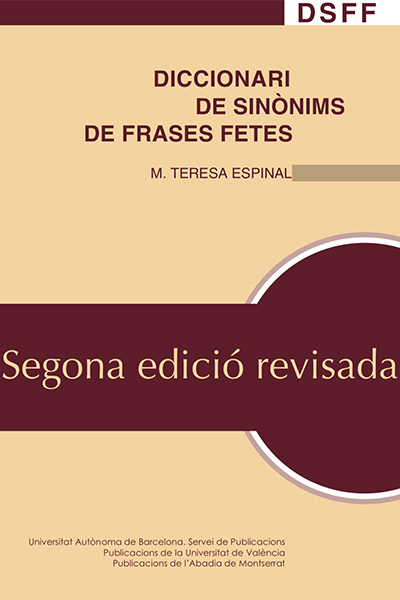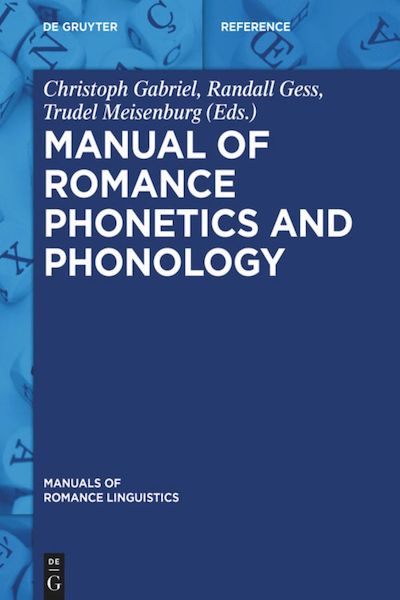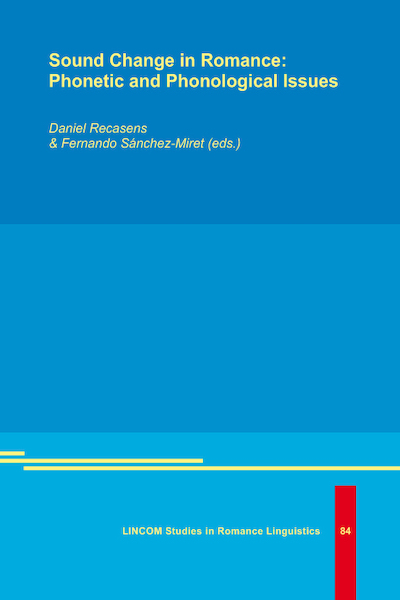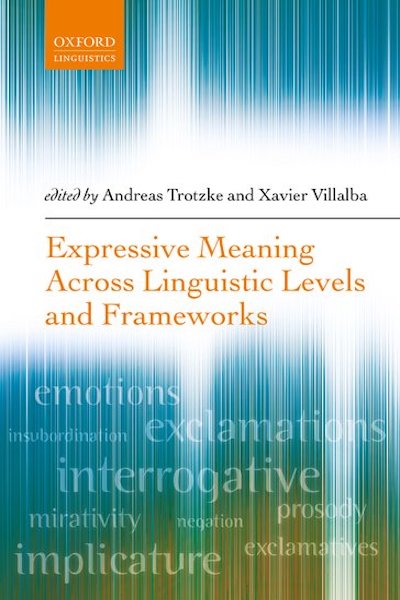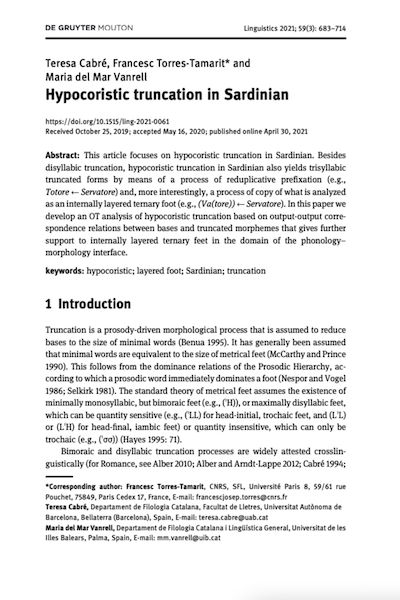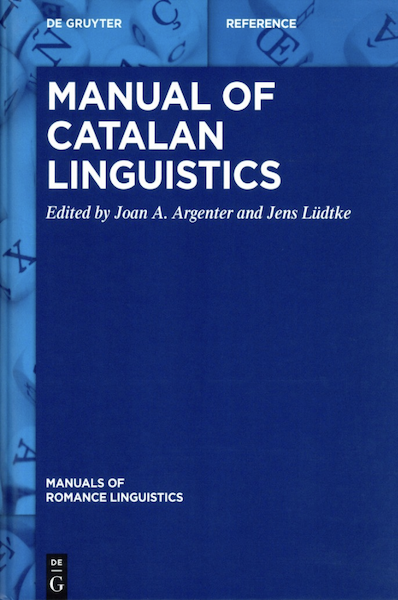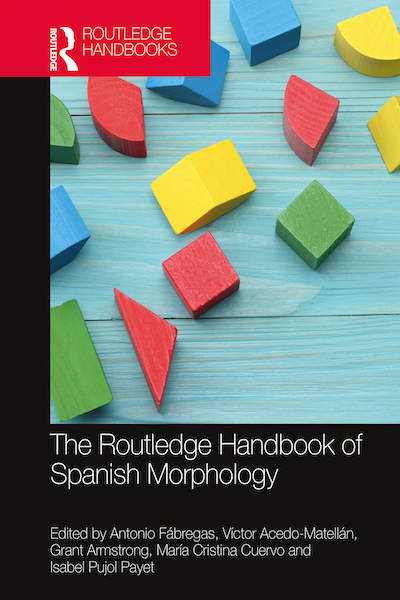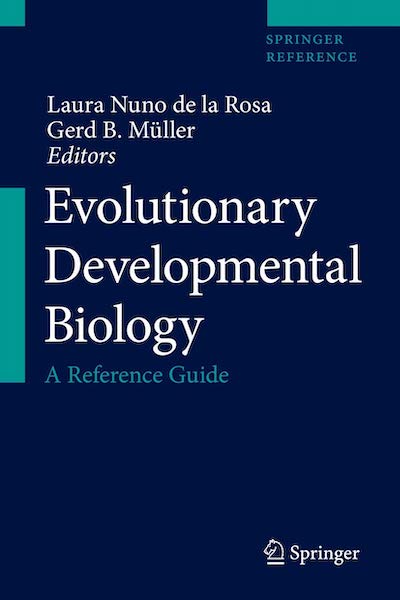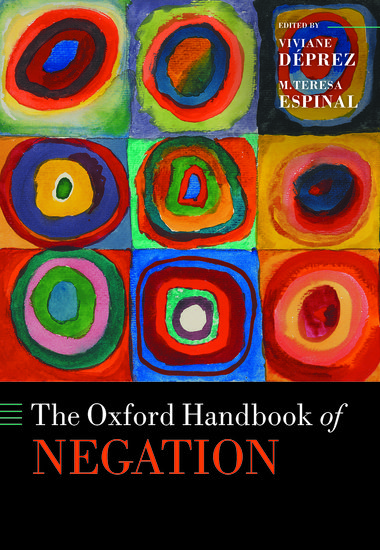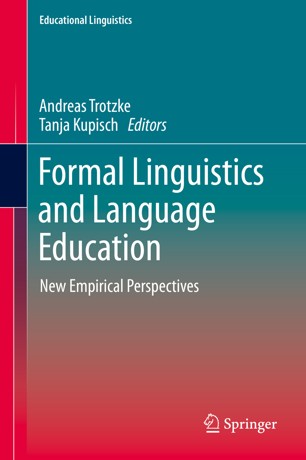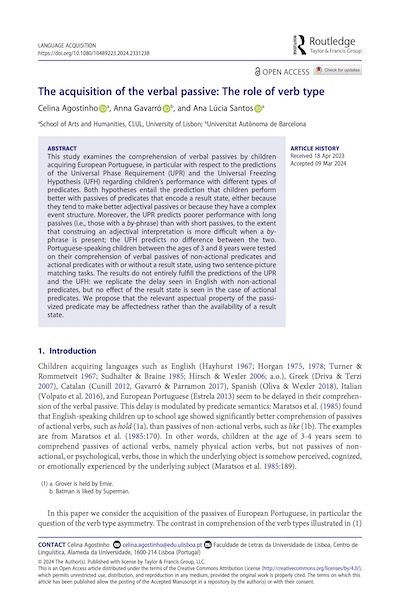
Autors:
Celina Agostinho, Anna Gavarró i Ana Lúcia SantosTítol:
The acquisition of the verbal passive: The role of verb typeEditorial: Language Acquisition (Routledge)
Data de publicació: Abril del 2024
Pàgines: 22
Text complet
This study examines the comprehension of verbal passives by children acquiring European Portuguese, in particular with respect to the predictions of the Universal Phase Requirement (UPR) and the Universal Freezing Hypothesis (UFH) regarding children’s performance with different types of predicates. Both hypotheses entail the prediction that children perform better with passives of predicates that encode a result state, either because they tend to make better adjectival passives or because they have a complex event structure. Moreover, the UPR predicts poorer performance with long passives (i.e., those with a by-phrase) than with short passives, to the extent that construing an adjectival interpretation is more difficult when a by- phrase is present; the UFH predicts no difference between the two. Portuguese-speaking children between the ages of 3 and 8 years were tested on their comprehension of verbal passives of non-actional predicates and actional predicates with or without a result state, using two sentence-picture matching tasks. The results do not entirely fulfill the predictions of the UPR and the UFH: we replicate the delay seen in English with non-actional predicates, but no effect of the result state is seen in the case of actional predicates. We propose that the relevant aspectual property of the passi-vized predicate may be affectedness rather than the availability of a result state.

